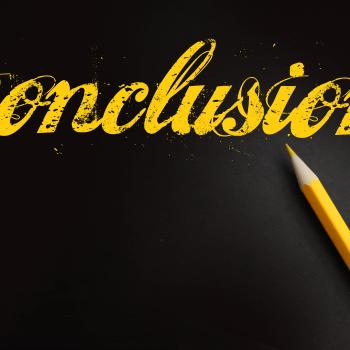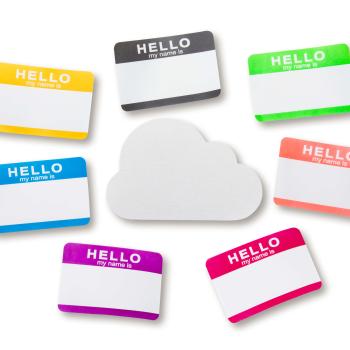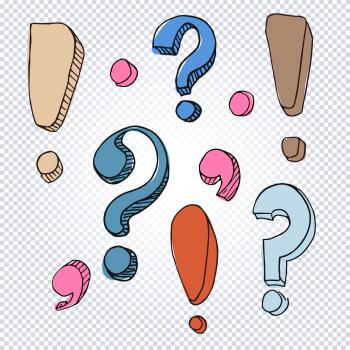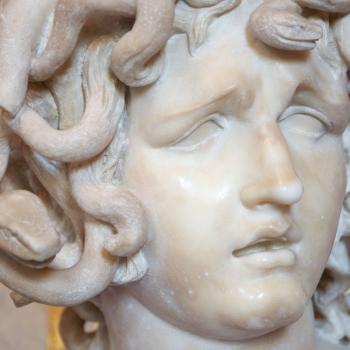Students will participate in Collaborative Reasoning in small groups to discuss and think critically about issues of social justice and diversity by reading current events informational articles.

Using Collaborative Reasoning to Support Critical Thinking

Grades
|
"Roused by the Change of Scene": Analyzing a Film Adaptation of Jane Eyre
9 - 12
Lesson Plan
| Standard Lesson
As part of their study of Charlotte Brontë's Jane Eyre, students read selected sections of the novel closely and compare their representation in the text to representations in the 2007 Masterpiece adaptation of Jane Eyre. They use the concepts of time/pacing, character, and theme to focus their analysis and to plan an adaptation of a scene of their choice.

Grades
|
And in Conclusion: Inquiring into Strategies for Writing Effective Conclusions
9 - 12
Lesson Plan
| Standard Lesson
While drafting a literary analysis essay (or another type of argument) of their own, students work in pairs to investigate advice for writing conclusions and to analyze conclusions of sample essays. They then draft two conclusions for their essay, select one, and reflect on what they have learned through the process.

Grades
|
Defining Moments: Charting Character Evolution in Lord of the Flies
9 - 12
Lesson Plan
| Standard Lesson
Savagery, treachery, lost innocence... Lord of the Flies is rife with character development. Use this lesson to help students chart the character changes of Ralph and Jack, both in groups and individually.

Grades
|
What Did George Post Today? Learning About People of the American Revolution Through Facebook
6 - 12
Lesson Plan
| Standard Lesson
After researching famous people of the American Revolution, students create Facebook-like PowerPoint presentations to share their knowledge with classmates.

Grades
|
From Text to Film: Exploring Classic Literature Adaptations
8 - 12
Lesson Plan
| Standard Lesson
Students create storyboards to compare and contrast a book and its film adaptation.

Grades
|
"Licensed" to Drive: Old West Figures
6 - 10
Lesson Plan
| Standard Lesson
This lesson invites students to create a "Driver's License" for characters that have made a contribution to western expansion in the United States.

Grades
|
Breaking the Rules with Sentence Fragments
9 - 12
Lesson Plan
| Standard Lesson
Though teachers usually caution students against using sentence fragments, Edgar Schuster's work demonstrates that professional writers often use fragments effectively. This lesson helps students understand that there are reasons that they can and should use sentence fragments to become effective writers.

Grades
|
Life is Beautiful: Teaching the Holocaust through Film with Complementary Texts
10 - 12
Lesson Plan
| Standard Lesson
After students have read a book about the Holocaust, such as The Diary of Anne Frank or Night by Elie Wiesel, students will view Life is Beautiful and complete discussion questions to challenge their ability to analyze literature using film.

Grades
|
A Tale of a Few Text Messages: A Character Study of A Tale of Two Cities
9 - 12
Lesson Plan
| Standard Lesson
Students use A Tale of Two Cities to explore relationships, plot points, character traits, and background by writing text messages between characters within the novel.

Grades
|
Glogging About Natural Disasters
5 - 8
Lesson Plan
| Standard Lesson
After researching various natural disasters, students share their findings with each other using glogs, or through poster presentations.

Grades
|
Experiencing Haiku Through Mindfulness, Movement & Music
5 - 8
Lesson Plan
| Unit
By being present and mindful on nature walks, students write haiku using vivid sensory language; and explore body movement, music and art as visual and kinesthetic representations of their poetry.

Grades
|
Name Tag Glyphs
2 - 5
Lesson Plan
| Standard Lesson
In this lesson, students practice a way to communicate without words by using a glyph. They create a name card using information about themselves. Students also interpret glyphs made by others.
Grades
|
Book Report Alternative: Glog That Book!
5 - 8
Lesson Plan
| Standard Lesson
In this alternative book report, students identify the elements of fiction in books they have read by creating glogs, interactive multimedia posters, and then share their glogs.

Grades
|
Not Your Usual History Lesson: Writing Historical Markers
6 - 8
Lesson Plan
| Standard Lesson
Students will develop their summarizing skills while learning about local history. They will learn to consider audience while selecting topics, conducting research and interviews, and writing historical markers for their town.

Grades
|
The Passion of Punctuation
9 - 12
Lesson Plan
| Unit
Using published writers' texts and students' own writing, this unit explores emotions that are associated with the artful and deliberate use of commas, semicolons, colons, and exclamation points (end-stop marks of punctuation).

Grades
|
Digitally Telling the Story of Greek Figures
5 - 8
Lesson Plan
| Standard Lesson
In this lesson students research Greek gods, heroes, and creatures and then share their findings through digital storytelling.

Grades
|
Responding to Tragedy: Then and Now
8 - 12
Lesson Plan
| Standard Lesson
After reading several poets' personal responses to the September 11th terrorist attacks, students write a "then and now" poem that puts their early memories of the event in conversation with their current understanding of and response to the tragedy.

Grades
|
Seeing Multiple Perspectives: An Introductory Critical Literacy Lesson
1 - 3
Lesson Plan
| Minilesson
Students consider the perspectives of central but silent characters in Stevie (Steptoe, 1968), gaining much deeper understandings of the story and realizing that every story truly gives a partial account.

Grades
|
Demonstrating Understanding of Richard Wright's Rite of Passage
9 - 12
Lesson Plan
| Standard Lesson
Students use the elements of persuasion for a specific audience to demonstrate their understanding of Richard Wright's accessible and engaging coming-of-age novel, Rite of Passage.